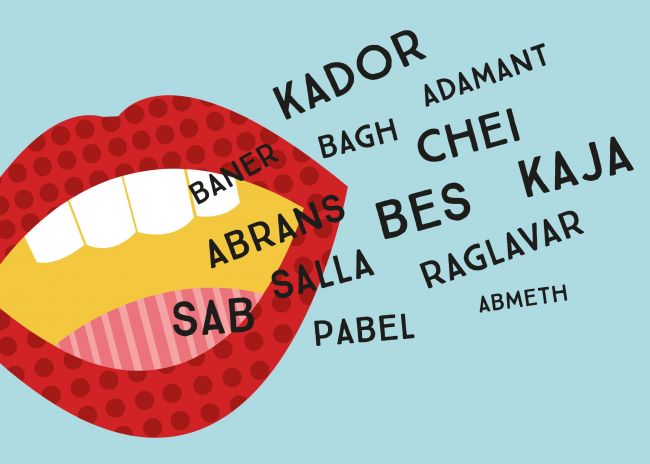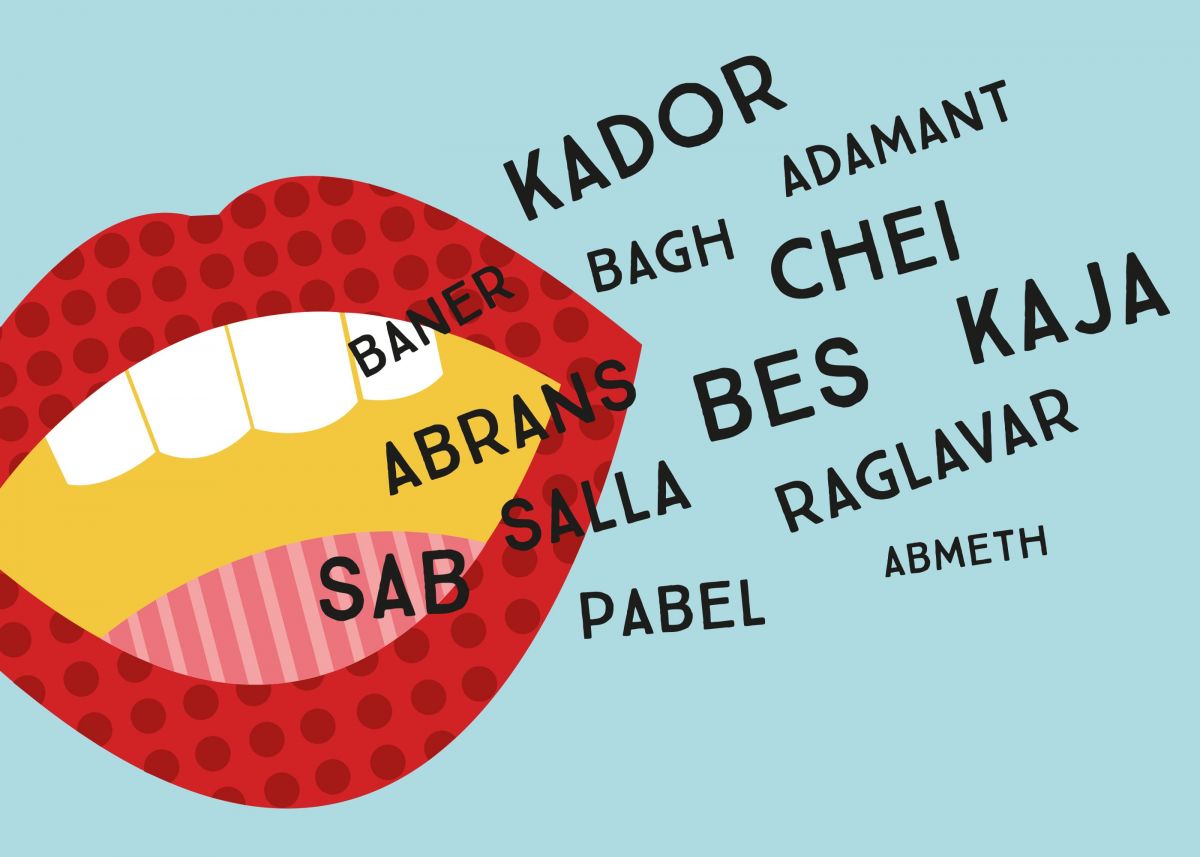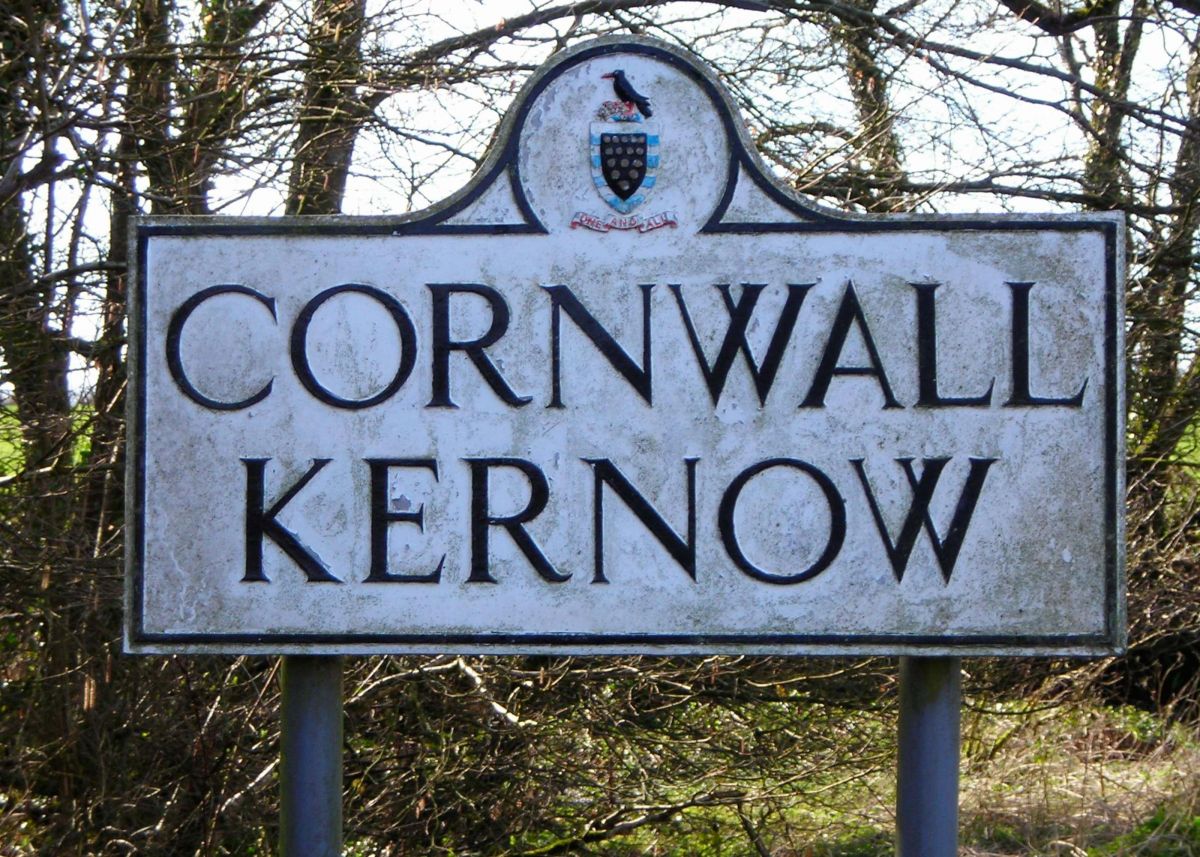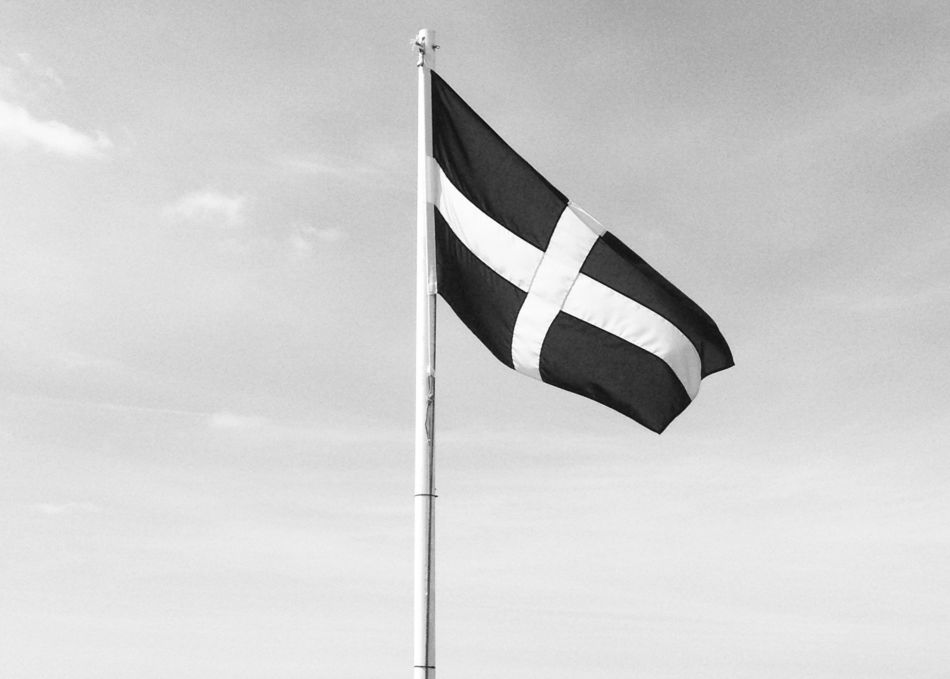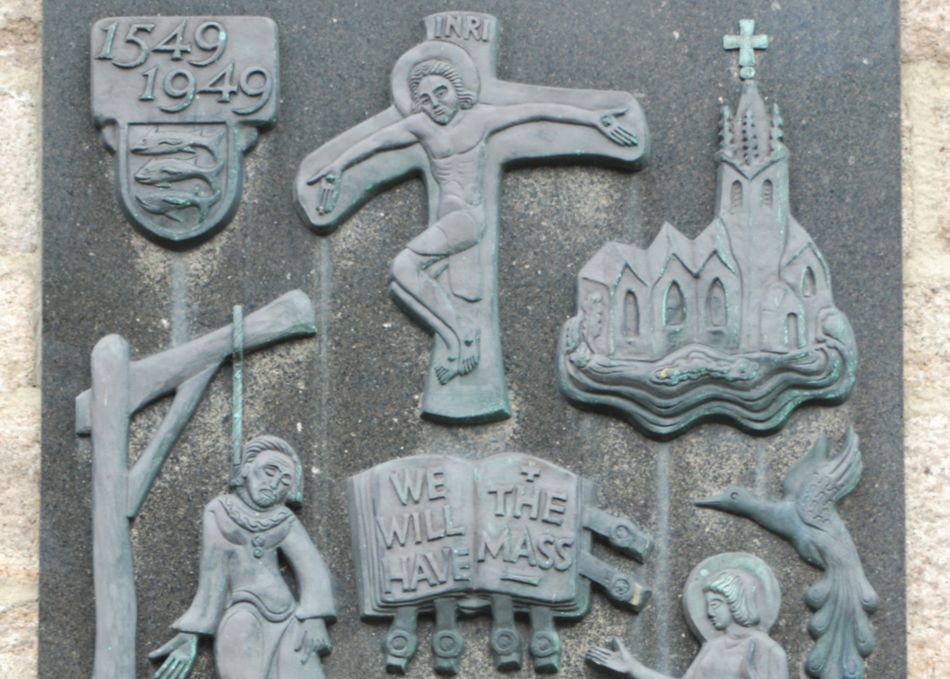Cornish language revival
In 1904, a man called Henry Jenner wrote A Handbook for the Cornish Language. In the introduction Henry wrote:
This book is principally intended for those persons of Cornish nationality who wish to acquire some knowledge of their ancient tongue and to read, write and perhaps even to speak it. Henry Jenner, A Handbook for the Cornish Language (1904)
Interest in the Cornish language continued to grow throughout the 20th century, with more people learning and speaking it. However, the language did not have official recognition and the Government did not provide any money to help promote it.
There has never been a time when there has been no person in Cornwall without a knowledge of the Cornish language. Henry Jenner (1904)
Campaign for official recognition
Towards the end of the 20th century people in Cornwall began to campaign to have the Cornish language officially recognised. In 2000, the UK Government joined the European Charter for Regional or Minority Languages. The Charter said that countries in Europe should protect and promote different languages. It was designed to preserve languages used by distinct groups of people like the Cornish, the Welsh and the Scottish.
Independent study
Also in 2000, the Government carried out an independent study of the Cornish language. In this study, they recommended that the language should be included under the European Charter. In November 2002, the UK Government announced that it would indeed include Cornish under the Charter.
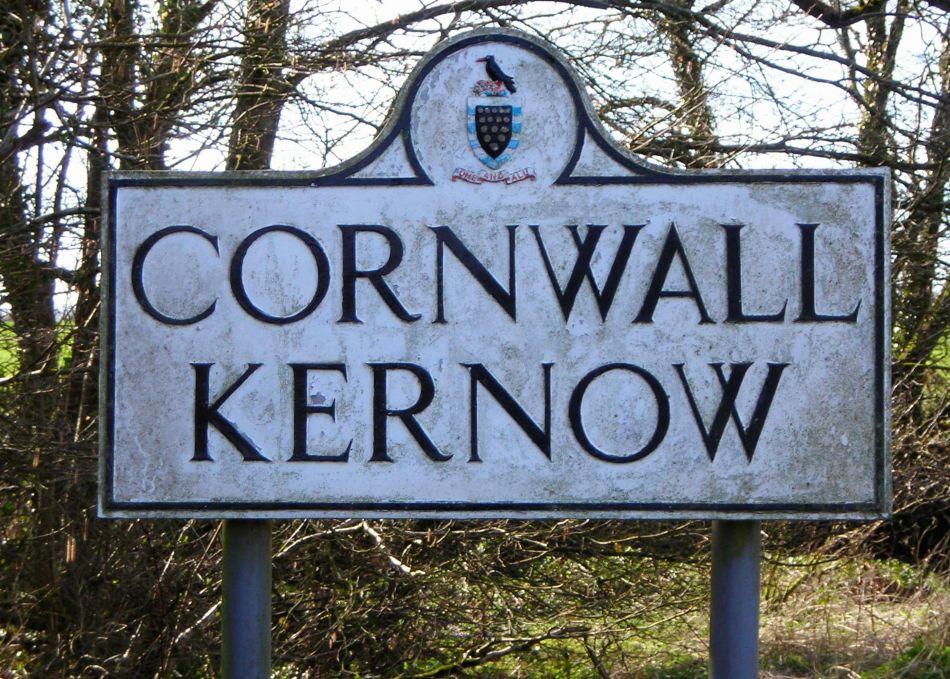
The charter
Mr Raynsford, Minister of State – 5th November 2002:
I am announcing today that, after careful consideration and with the help of the results of an independent academic study on the language commissioned by the Government, we have decided to recognise Cornish as falling under Part II of the European Charter for Regional or Minority languages. The Government will be registering this decision with the Council of Europe.
The purpose of the Charter is to protect and promote the historical regional or minority languages of Europe. It recognises that some of these languages are in danger of eventual extinction and that protection and encouragement of them contributes to Europe's cultural diversity and historical traditions.
This is a positive step in acknowledging the symbolic importance the language has for Cornish identity and heritage.
Cornish will join Welsh, Scottish Gaelic, Irish, Scots and Ulster Scots as protected and promoted languages under the Charter, which commits the Government to recognise and respect those languages.
Cornish is a unique cultural asset which underpins the distinctiveness of Cornwall and has an important part to play in the cultural, economic and social life of the region. Cllr Julian German (2015)
Did you know?
The Celtic languages spoken in Cornwall, Brittany, Wales, Ireland, Scotland and the Isle of Man have quite a lot in common. Here are the words in those languages for ‘black rock’
Karrek du (Cornish)
Karreg du (Breton)
Craig ddu (Welsh)
Carraig dubh (Irish)
Carraig dubh (Scottish Gaelic)
Creg doo (Manx)
Did you know?
In some ways, the campaign for official recognition of the Cornish language started with the Prayer Book Conflict in 1549. Cornish people complained that they could not understand the new Book of Common Prayer, which introduced the English language to church services:
As so we the Cornish men (whereof certain of us understand no English) utterly refuse this new English. 1549

